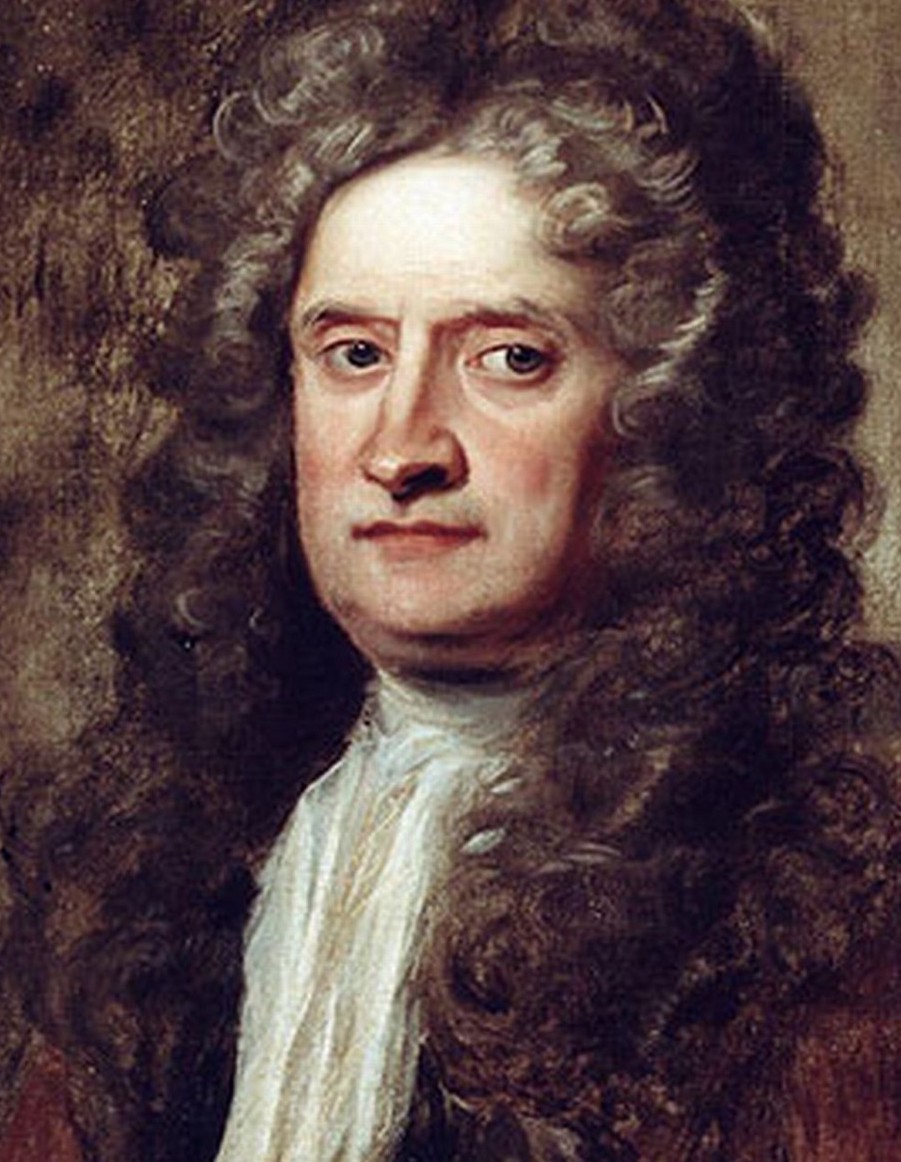Natural Philosophy, Newtonianism, and Empiricism
It is an old idea that physics became divorced from metaphysics when Newtonians sought to protect themselves from Cartesian and Leibnizian critique. But while the broad idea is plausible, it is imprecise. As recent scholarship has shown, the banner of Newtonianism was taken up by a wide variety of thinkers who forged a wide variety of Newtonianisms, some Cartesian, some Leibnizian, some in the life sciences, some in the moral sciences, etc. (This is the subject of [A7], and some of this scholarship is in [E1]). To the extent that the general thesis is true (which, of course, sweeps under the rug a century of philosophical development prior to Kant), I believe it must be demonstrated with regard to specific beliefs, which are abandoned/retained in response to specific natural philosophical pressures. My work in this area provides a detailed account of Newton’s metaphysical struggles. It shows how his nuanced methodological stances became nuanced in response to external critique, and how his deeply held metaphysical commitments were (sometimes) abandoned, or at least qualified, for the same reasons.
Overall, my work goes to temper a hagiographic image of Newton-as-Philosopher that has regained prominence in the past half century. I argue that, by the standards of his contemporaries, Newton was less philosophically sophisticated than recent historiography suggests and mainly tried to avoid philosophical questions. Nevertheless, he did so in novel and instructive ways, ones that are central to the transformation of natural philosophy in the late seventeeth century. Most recently, I’ve begun work on a book manuscript that articulates how Newton’s philosophical avoidance — the book’s central concept — can be a fruitful intellectual strategy, one that is distinct from strategy of dissolving philosophical questions.

Abandonment is the subject of [A12] and [A6]. These trace Newton’s rejection of certain theses about the metaphysical underpinning of his accounts of space and matter to interactions with Roger Cotes and Leibniz. This work also highlights the developmental dimension of Newton’s thought and his willingness (though not keenness) to change his opinions or make them more precise. One repeating theme in this work is that Newton did not immediately grasp the full implications of his own Principia, and only came to see (some of) them through confrontation with his contemporaries. The essays, particularly [A6], also highlight Newton’s attempts to make clear his new way of inquiry in the face of more traditional conceptions of natural philosophy and its evidentiary sources. The “Cotes Trilogy” concludes with [A15], which continues this line of thought by completing the argument of [A12].
My other work on Newton stresses how Newton recapitulated some metaphysical theses, perhaps uncritically. It shows how his views were intertwined with these theses, and how his natural philosophy could at times be rather conservative. In [A14], I argue that Newton’s Regulae Philosophandi were predicated on theological beliefs and were less methodologically innovative than some recent scholarship suggests. This idea also informs [A8] and [A9]. The latter further suggests that Newton, precisely because he was both innovative and conservative, raises interesting historiographical problems. [A13] continues the theme of conservatism by detailing how a pre-1687 Newton tried to make his natural philosophy fit more traditional molds. From a methodological angle, my work on Newton tries to address the issues on which traditional scholars focused, but through the lens of more technically oriented recent scholarship.